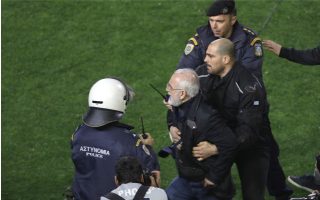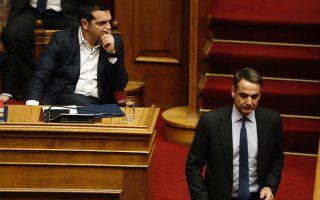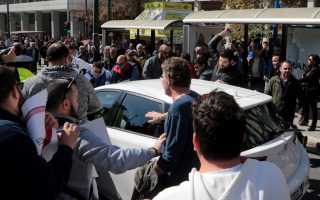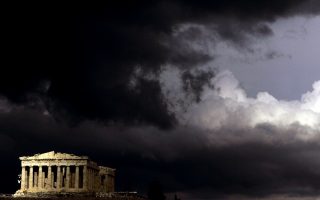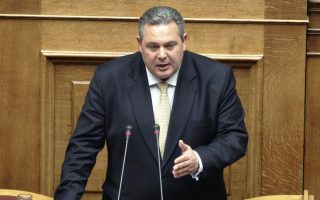The future of voting, in America and beyond
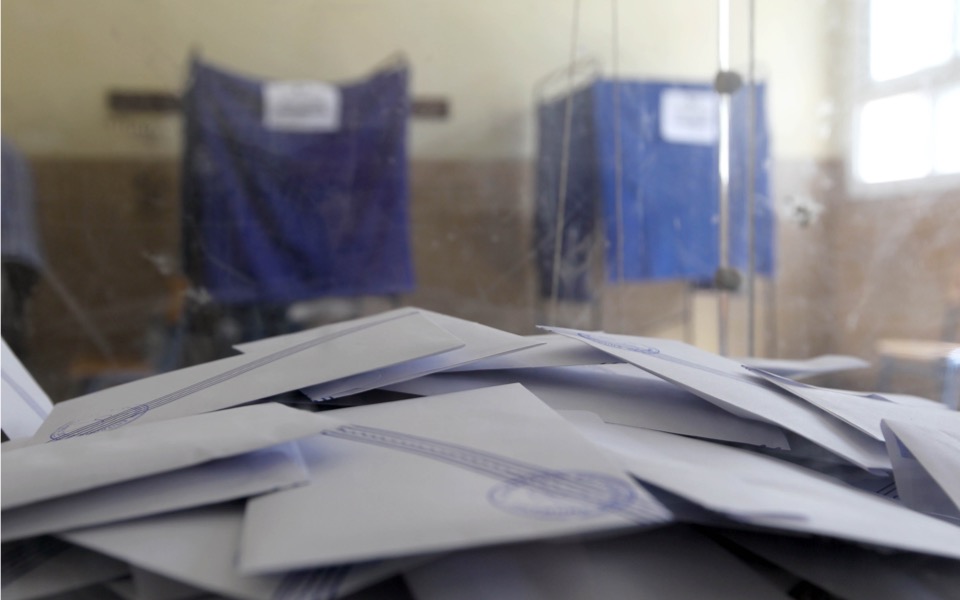
It has become commonplace in contemporary political discourse to lament what is perceived to be a crisis in liberal democracy.
Our political systems don’t work anymore, it is claimed. Classic notions and institutions no longer inspire confidence, particularly among younger citizens. More and more people are openly expressing doubts about the merits of democratic governance.
Nowhere is the sentiment of crisis more acute than in the United States. According to a poll released by SurveyMonkey last week, some 45 percent of Americans have little or no faith in democracy. Meanwhile, the prestige of American democracy worldwide is faltering.
Voting is at or near the heart of the matter. Thirty percent of those polled are seemingly opposed to universal suffrage. Others cannot agree which is the greater threat to the integrity of the electoral system, voter disaffection, voter fraud, voter suppression, or hacking. These are not moot questions.
There are more than half a million elected officials in America today, from the dogcatcher of Duxbury, Vermont, to the president of the United States. It is possible that Americans vote more frequently and amply than in any other democratic country in history. Ever. Yet an activity that should be a source of civic pride is now rife with confusion, dissatisfaction and uncertainty.
The most tangible points of distress have become evident during recent election cycles. Witness a heightened concern after the 2016 general election over an allegedly outmoded electoral regime, an excessively decentralized approach nationwide to election administration, and, most alarming perhaps, a reliance on shoddy technology and a singular lack of security against hacking, meddling and malevolent interference by external actors.
We are in yet another election year and the stakes are high – indeed midterm elections have been officially under way since March 7. What can be said of the state of voting in America as candidates prepare to launch their campaigns? Are elections safe from outside meddling? Can citizens cast their ballots with confidence? Should we heed those many scholars, journalists, pundits and populists who are now warning us that liberal democracy, in America if not throughout the Western world, is in its death throes?
Existential questions, these: as the lead editorial of this past Sunday’s New York Times put it, “This is a fragile moment for the nation.” To seek answers, the Dukakis Center, which I direct, has invited two renowned American experts in election administration to come to the birthplace of democracy to share their thoughts in a public round table. Our friends at the Hellenic Foundation for European & Foreign Policy (ELIAMEP) have offered most agreeably to co-host the event, and have summoned in turn two of Greece’s most astute political commentators to participate.
Perhaps we are guilty merely of hyperbole. Charles Stewart III of MIT, who will speak in Athens this week, has argued that Americans have actually been getting better over time at how they administer elections. Likewise, Professor Stewart’s co-panelist, Michael Ertel, a seasoned election official from the battleground state of Florida, has dismissed alarmist claims that electoral results are vulnerable to outside influence. You cannot hack paper, Ertel likes to say.
Their input could not be more timely, overwhelmed as we risk being by a relentless stream of news stories on Russian hacking. The implications go far beyond the US, as voters and observers throughout Europe can attest.
The organization I direct, which this year celebrates 20 years of public service initiatives in Greece, has a vested interest in hosting events such as these, dedicated to what we call the future of democracy, and not only because we bear the name of a storied champion of democratic governance. Among other things, we cater to youth from Greece and the Balkans, who aspire to the political rights that have often been denied their forebears, and which American friendship has promised with mixed results.
Our mandate, like that of ELIAMEP, is to encourage public debate, with a view toward inspiring young citizens to assume an active role in public affairs, however modest. It is why we organize our events, and why we persist against the odds in championing the ethos of public service which Michael Dukakis himself so admirably embodied. Perhaps we can inject some sanity into the debate. Will it calm our fears that something is wrong?
* David Wisner is executive director of the Michael and Kitty Dukakis Center for Public and Humanitarian Service, an outreach and research hub based at the American College of Thessaloniki ([email protected]).
Round-table discussion
“The Future of Voting in America” will be the subject of a round-table discussion co-hosted by ELIAMEP and the Dukakis Center, at the Museum of Cycladic Art (4 Neofytou Douka, Kolonaki, tel 210.722.8321), on Wednesday, March 14, starting at 6.30 p.m.
The speakers are Michael Ertel, supervisor of elections in Seminole County in the US state of Florida, Charles Stewart III, Kenan Sahin distinguished professor of Political Science at the Massachusetts Institute of Technology, and Aristides N. Hatzis, associate professor of Philosophy of Law and Theory of Institutions at the University of Athens.
The discussion will be moderated by Kathimerini English Edition’s editor in chief Tom Ellis. The event will be in English and a reception will follow.
